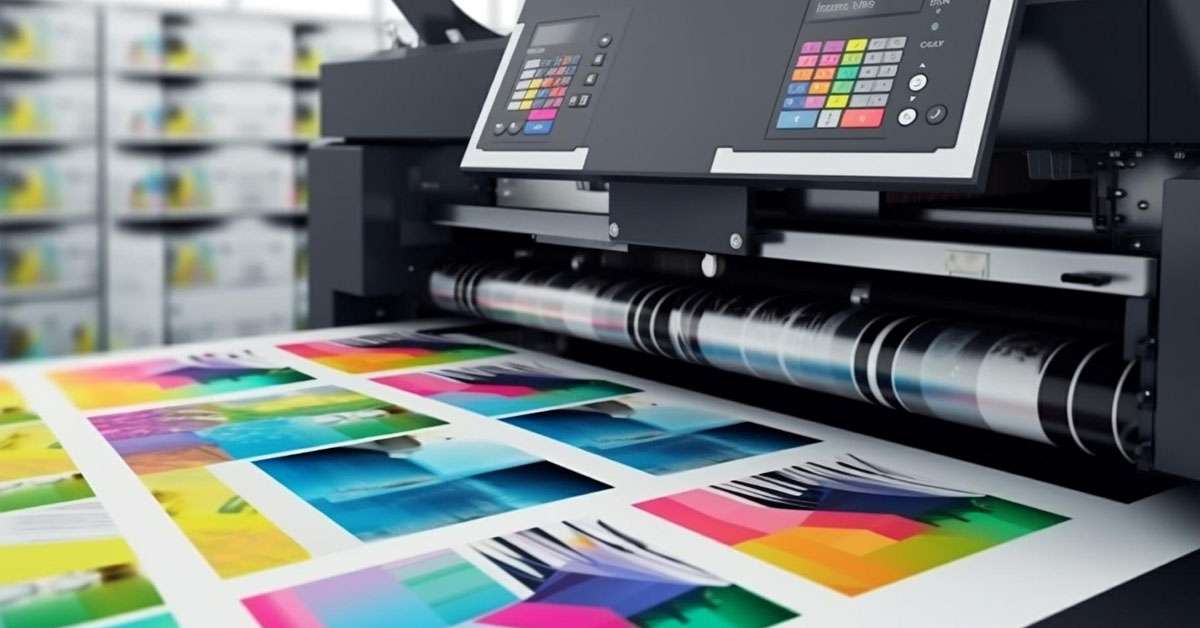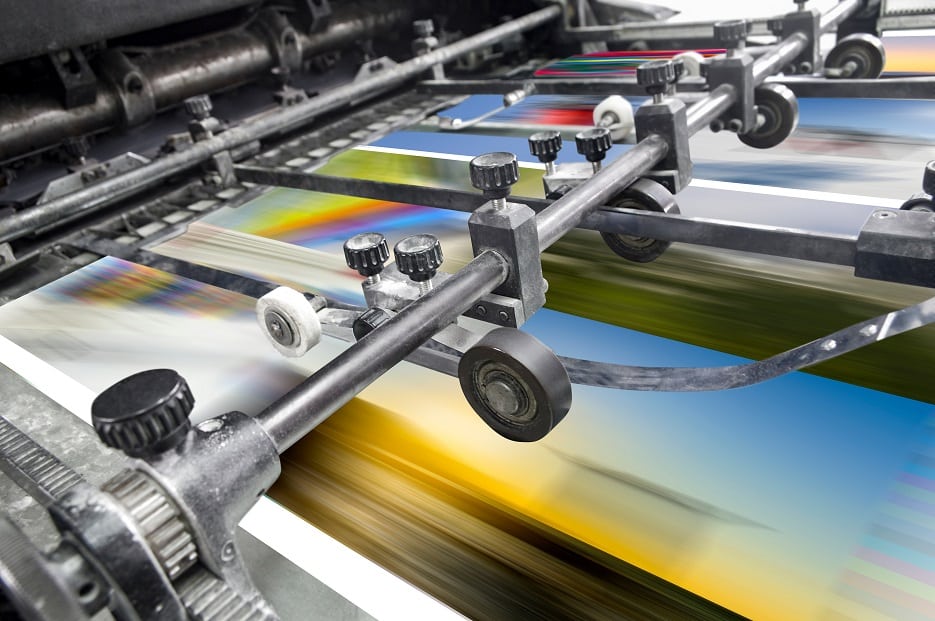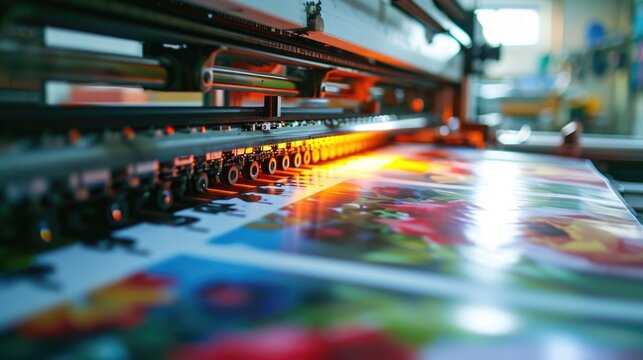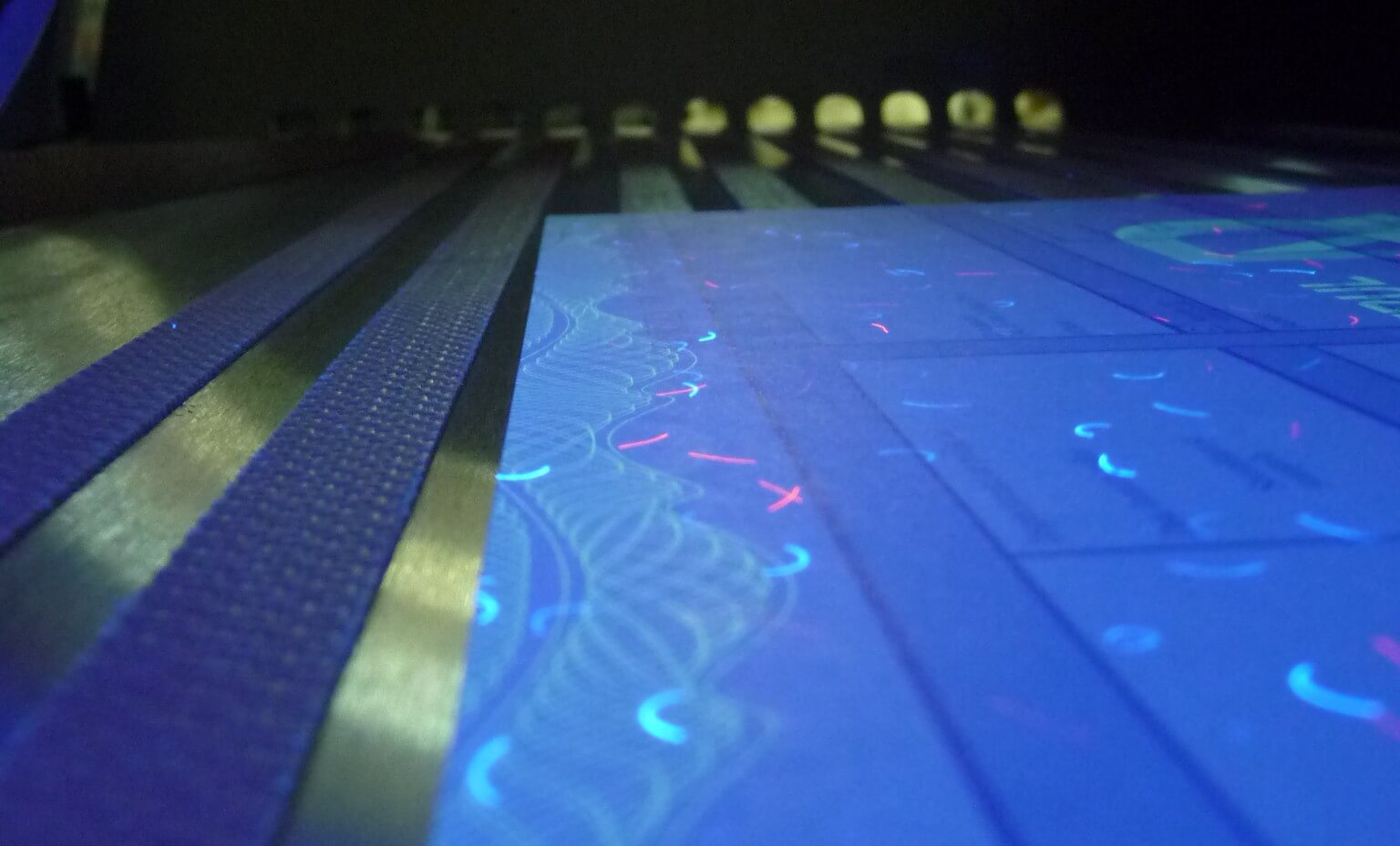The world of offset printing is vast and varied, offering a range of machine types that cater to different printing needs. Understanding these types is crucial for businesses looking to optimize their printing processes. In this article, we will explore the various offset printing machine types, their functionalities, and their applications in modern printing industries.

Introduction to Offset Printing
Offset printing is a widely used printing technique where the inked image is transferred from a plate to a rubber blanket, and then to the printing surface. This method is known for its high-quality prints and cost-effectiveness in large-volume runs. Let’s delve deeper into the types of machines used in this process.
Sheet-Fed Offset Printing Machines
One of the most common offset printing machine types is the sheet-fed machine. These machines feed individual sheets of paper into the press, making them ideal for printing brochures, flyers, and other marketing materials. Their ability to handle a variety of paper sizes and types makes them versatile for different business needs.
Advantages of Sheet-Fed Machines
Sheet-fed offset machines offer excellent print quality and are suitable for high-end prints. They are also known for their quick setup times and ease of use, making them a preferred choice for many printing businesses.
Web Offset Printing Machines
Web offset machines are another popular type, designed for printing on continuous rolls of paper. These machines are often used for high-volume publications such as newspapers and magazines. The continuous feed allows for faster printing and reduced waste.
Benefits of Web Offset Machines
The main advantage of web offset machines is their ability to handle large print runs efficiently. They offer cost savings on long runs and are capable of producing high-quality prints at a rapid pace.
Perfecting Offset Printing Machines
Perfecting machines are unique in their ability to print on both sides of the paper simultaneously. This feature is particularly useful for producing books, catalogs, and other materials that require double-sided printing.
Why Choose Perfecting Machines?
Perfecting machines streamline the printing process by reducing the need for additional passes through the press. This efficiency leads to faster production times and cost savings.
Hybrid Offset Printing Machines
Hybrid machines combine the best of offset and digital printing technologies. They offer flexibility in print runs and the ability to incorporate variable data printing, making them ideal for personalized marketing materials.
The Edge of Hybrid Technology
With hybrid machines, businesses can enjoy the high-quality output of offset printing while benefiting from the customization options of digital printing. This combination opens new avenues for creative and targeted print solutions.
Digital Offset Printing Machines
Digital offset machines are designed to mimic traditional offset printing while using digital technology for plate creation. This approach reduces setup time and allows for quicker turnarounds, which is essential for todays fast-paced business environment.
Advantages of Digital Offset
The key benefit of digital offset machines is their ability to handle short-run jobs efficiently. They offer the flexibility to make quick changes and updates to the print job, which is not always possible with traditional offset methods.
Offset Printing in Small Businesses
For small businesses, choosing the right offset printing machine type is critical. Machines like the sheet-fed or digital offset offer the perfect balance between quality and cost, aiding in effective marketing strategies. Small Business Printing
Cost Considerations
Investing in the right machine involves understanding both the upfront costs and the long-term benefits. Businesses should consider the volume of prints, quality requirements, and budget to make an informed decision. Offset Printing Costs
Technological Advances in Offset Printing
The integration of AI and IoT in offset printing machines is revolutionizing the industry. Modern machines are more efficient, accurate, and capable of producing complex designs with ease. AI in Printing
The Future of Offset Printing
As technology advances, the future of offset printing looks promising. Innovations continue to enhance the speed, quality, and functionality of these machines, ensuring their relevance in the digital age.
Environmental Impact of Offset Printing
Offset printing is often seen as more environmentally friendly compared to other methods due to its efficient ink usage and ability to recycle plates. Businesses are increasingly opting for sustainable practices in their printing operations.
Eco-Friendly Practices
Adopting eco-friendly printing practices not only benefits the environment but also enhances a company’s reputation among environmentally conscious consumers.
Offset Printing vs Digital Printing
While offset printing is traditional, digital printing offers new possibilities. Understanding the differences can help businesses choose the right method for their needs. Offset vs Digital
Choosing the Right Method
The decision between offset and digital printing depends on factors such as print volume, quality, and customization needs. Both methods have their unique advantages and applications.
Conclusion
Offset printing machine types offer a range of options for businesses looking to produce high-quality prints efficiently. By understanding the different types and their applications, companies can make informed decisions that align with their printing goals and budget.

FAQs
What is the main advantage of offset printing?
Offset printing is known for its superior print quality and cost-effectiveness in large-volume print jobs.
How does sheet-fed offset differ from web offset?
Sheet-fed offset uses individual sheets of paper, while web offset prints on a continuous roll, making it suitable for high-volume prints like newspapers.
What are hybrid offset machines?
Hybrid offset machines combine offset and digital technologies, allowing for high-quality prints with the ability to incorporate variable data printing.
This article contains affiliate links. We may earn a commission at no extra cost to you.







